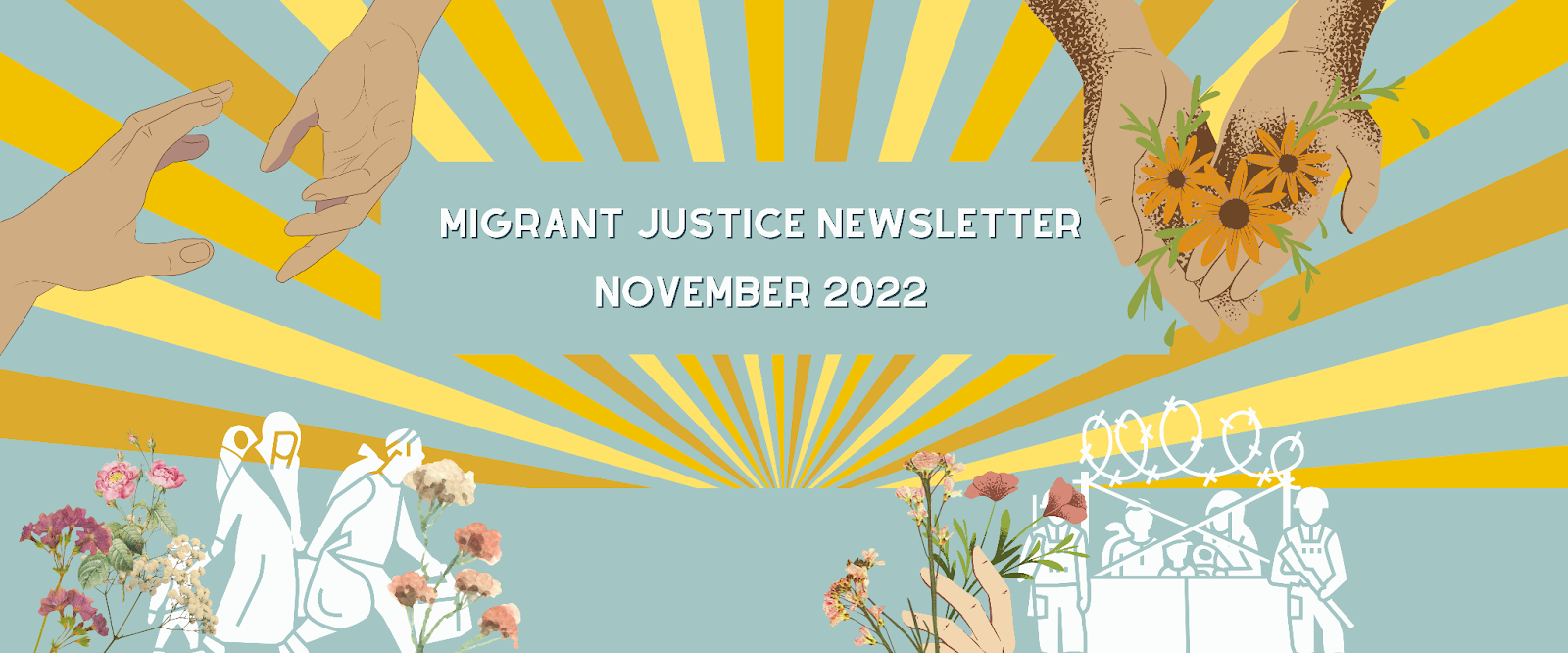October 13 the U.S. announced that it will donate 95 vehicles, valued $4.4 million to the Guatemalan government.
This concludes a 2019 proposal by the U.S. to donate equipment to Guatemala's border security forces.
The donation is funded through a Defense Department foreign military “capacity-building” authority established in 2017 as Section 333 of Title 10, U.S. Code, used as an alternative to the Foreign Military Financing program (FMF). Due to human rights and corruption concerns, there has been a prohibition on using the FMF program to aid the Guatemalan security forces and military.
Payment for the vehicles is part of the U.S. defense budget and does not come from the dedicated annual foreign assistance appropriation.
Journalists and activists criticize the aid for the border protection forces, fearing the equipment could be used to block migrants crossing the border, an act that is already in motion.
Besides the dangers for refugees and others transiting, the last money and equipment from the US government ended up being misused for intimidation against human rights and anti-corruption activists, a part of the ongoing crackdown on independent media and anti-corruption prosecutors and judges.
All this is bad enough, but the track records show that the anti-drug efforts barely produce any fruit. Even though 90% of all cocaine entering the United States passes through Guatemala, only 7-15 tons were seized by Guatemalan police. This hardly makes a dent in the total cocaine trafficking and is far behind other South and Central American countries.
Topping this off is the fact that the Guatemalan state has the necessary financial resources to pay for the donated vehicles.
Just two weeks back the Guatemalan Congress passed a law, promising each veteran of the 36-year long civil war, the equivalent of $4,500 U.S. dollars. The bonuses will be handed out with no regard for war crimes or crimes against humanity that the ex-soldiers may have committed during the conflict. The total is around $450 million.
Spending this $4.4 million on military is obviously a mistake. The money could have been spent far better, helping the civil society and simultaneously achieving crime fighting goals.
It could provide food security to half a million Guatemalans suffering from hunger.
A more efficient anti-crime program than militant oppression is always prevention. Funding community-based violence prevention would reduce violent crime; making communities safer might discourage the population from emigrating.
A further crime driving factor is the massive corruption keeping the country hostage. The U.S. budget could have been used to renew the 2010's efforts to strengthen Guatemala's judiciary, building an independent justice system, which is needed to reach a significant change in the rotting justice structures.
Over all, it is obvious that the military aid would do more bad then good and that Guatemala's society is likely to keep suffering for years.


